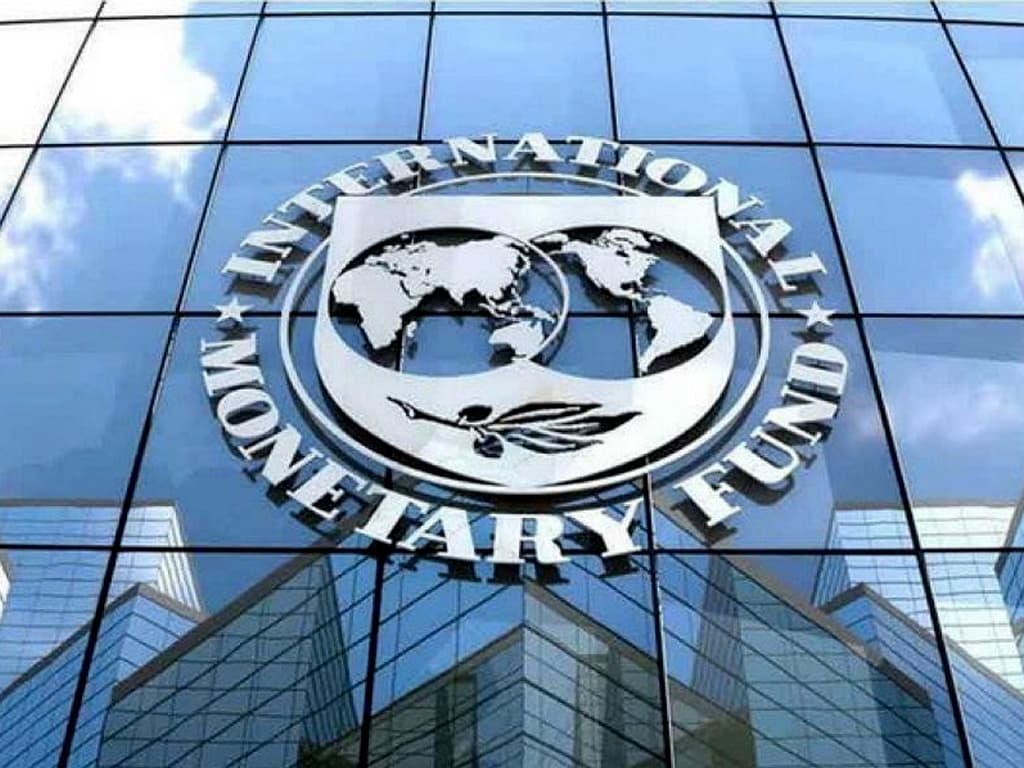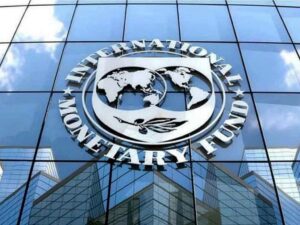The International Monetary Fund (IMF) released its April 2024 Regional Economic Outlook for Sub-Saharan Africa, highlighting a gradual improvement and uptick in economic activity.
The IMF projects that growth in the region will rise from 3.4% in 2023 to 3.8% in 2024, with recovery expected to continue beyond this year, reaching 4.0% in 2025.
Despite this positive outlook, African governments continue to face challenges, including financing shortages, high borrowing costs, and debt rollover risks.
The report also notes significant external debt repayments looming on the horizon, with $5.9 billion in Eurobonds due in 2024 and a further $6.2 billion in 2025.
IMF officials acknowledged the challenges these repayments pose, particularly for countries like Kenya, Nigeria, and South Africa.
While Kenya has accessed the markets to alleviate some pressure, Nigeria and South Africa are also considering Eurobond issuance.
The IMF emphasized that improvements in the G20 Common Framework are anticipated, with ongoing efforts to assist countries like Ghana in navigating international debt negotiations for a positive economic and growth trajectory.
Luc Eyraud, the IMF Division Chief of the African Department, stated, “It’s mostly concentrated in three countries: Kenya, Nigeria, and South Africa. Kenya has re-accessed the markets, so it’s moved a little bit of pressure when you have to face debt repayments. Nigeria is also considering a Eurobond. South Africa is a bit of a different case because they have a very large domestic market, so their liquidity problems in terms of debt repayments are less severe than in other countries.”
Catherine Pattillo, the IMF Deputy Director of the African Department, also added, “There are areas where the common framework needs improvement. One thing the IMF has been doing is this global sovereign debt roundtable, which brings together various countries and creditors from both the public (official) and private sectors.”







